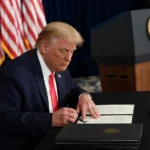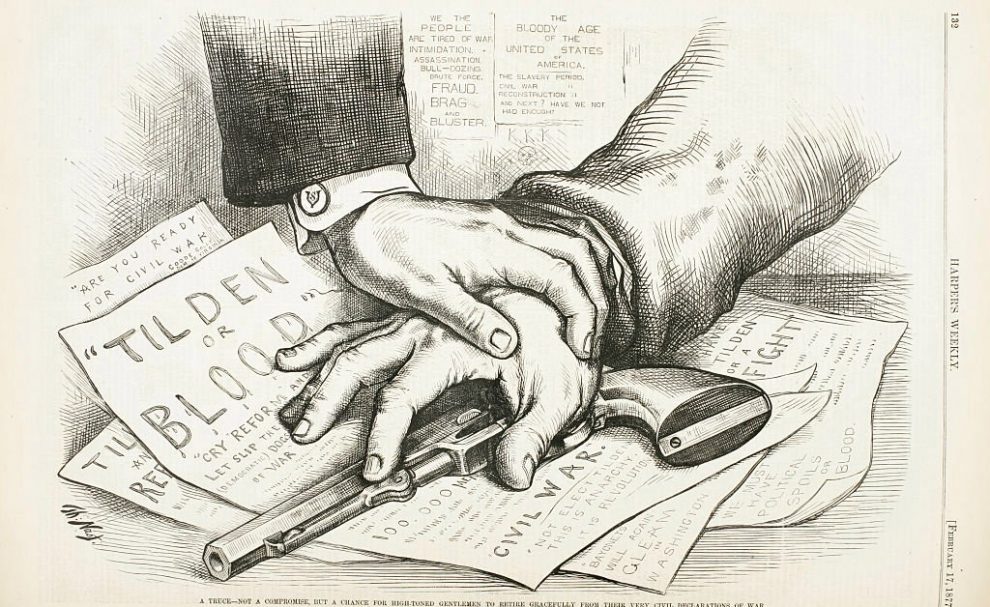On March 16, 2021 the Rye Brook Board of Trustees held an uncontested election. Two Rye Brook residents, Susan Epstein and David Heiser, re-ran for their position on the board to serve another term. Without any competition for their seats, their victories were inevitable.
During this previous election, about 400-500 community members voted. This small outcome of voters most likely related to the fact that the community knew the winners before the election even began. In order to vote, one needs to be at least 18 years of age and a resident in the Village of Rye Brook. These requirements limit some, but definitely include more than 500 people.
The Board of Trustees has a big responsibility in Rye Brook. Those on the Board are appointed to amplify the quality of life for Rye Brook citizens by providing a secure, substantial, and habitable community: “…Well, there are a lot of things we do. We deal with all the financials and allocate operating budgets so our village runs smoothly. If somebody has an issue that can’t be handled by one of our committees, it comes before us. If somebody wants to do a new development, it goes before the planning board and then usually comes before the Board of Trustees…” Stephanie Fischer, one of the Rye Brook Trustees stated. “…We basically oversee the running of the village and make sure the residents are happy and taken care of”.
Contested elections come with many positive attributes as well as negative ones. Because more people are running for a position that is going to be chosen, contested elections come with many rules and regulations to keep the race as organized as possible. These guidelines and requirements are set in place to make sure that the possibility of bias or rigging of the votes plays a role in deciding the winner of an election is very limited to nearly impossible.
There is always the chance for a tie to occur when an excess amount of people are running. If there is a tie between different runners, depending on the community, there will be a decision as to how the recount will be played out. The only similarity between all community’s rules is that every person running for a certain position will all have the responsibilities and will all be treated fairly without any favoritism. No one will have to work harder than another or vice versa when trying to increase their popularity amongst the people.
Most contested elections result with a civil verdict, where the winner won fair and square. But most is not all. Not every single contested election turns out the way it was planned to. Just because the rules are written down, people can always have conspiracies that the regulations were put in jeopardy.
The more contested elections there are every time one’s term is up, the more likely it will be that over time people will start to break the set rules and not “play” as fairly. The “unfair play” that could rise between the politicians are taking advantage of their money, popularity, and using their competitive side to help push them forward which may not result in the most democratic actions. Politicians could potentially accuse others for fraud or crimes that would give them an advantage of going ahead in the race as the others fall farther behind. Many have bad sportsmanship. They believe that they should always win and if they do not, a problem could arise. At the end of an election and all of the votes are counted, there will be a designated winner and a designated loser. Many losing politicians may think that the voting is rigged or that they lost for a reason. This turns people against one another. False assumptions and accusations are made which leads to a lot of controversy.
If there were to ever be a close race between multiple politicians, uncertainty would increase amongst the people and then flourish throughout the community. No one would be able to assume who the winner would be until the election is officially over and the name(s) of the new person(s) to obtain a certain position was officially addressed and established. While this uncertainty has a negative effect on the people, it also negatively affects the politicians. This would make them more competitive against each other, eager to win over more supporters.
Contested elections ask for more campaigning which can end up being very expensive. Supporters will ultimately end up paying more money in order to encourage the runner they want to win to stay in the race no matter how hard or stressful it may be.
If there seems to be some inconsistency with the vote results, there can always be an investigation to figure out what potentially went wrong. Voter fraud is rare, but not impossible. In the end, there will always be a winner fair and square.







